JD Vance Breaks Polling Records in The Worst Way
JD Vance has faced substantial backlash in his early weeks as Donald Trump’s running mate. Recently resurfaced comments where he branded Kamala Harris and women without children as “childless cat ladies” who “want to make the country miserable” have drawn widespread criticism.
This includes notable disapproval from Republican Trey Gowdy, who confronted Vance about these comments during his appearance on Fox News on Sunday.
A Bold and Divisive Choice
Considering these factors, Trump’s choice of Vance as his running mate was a particularly daring decision.
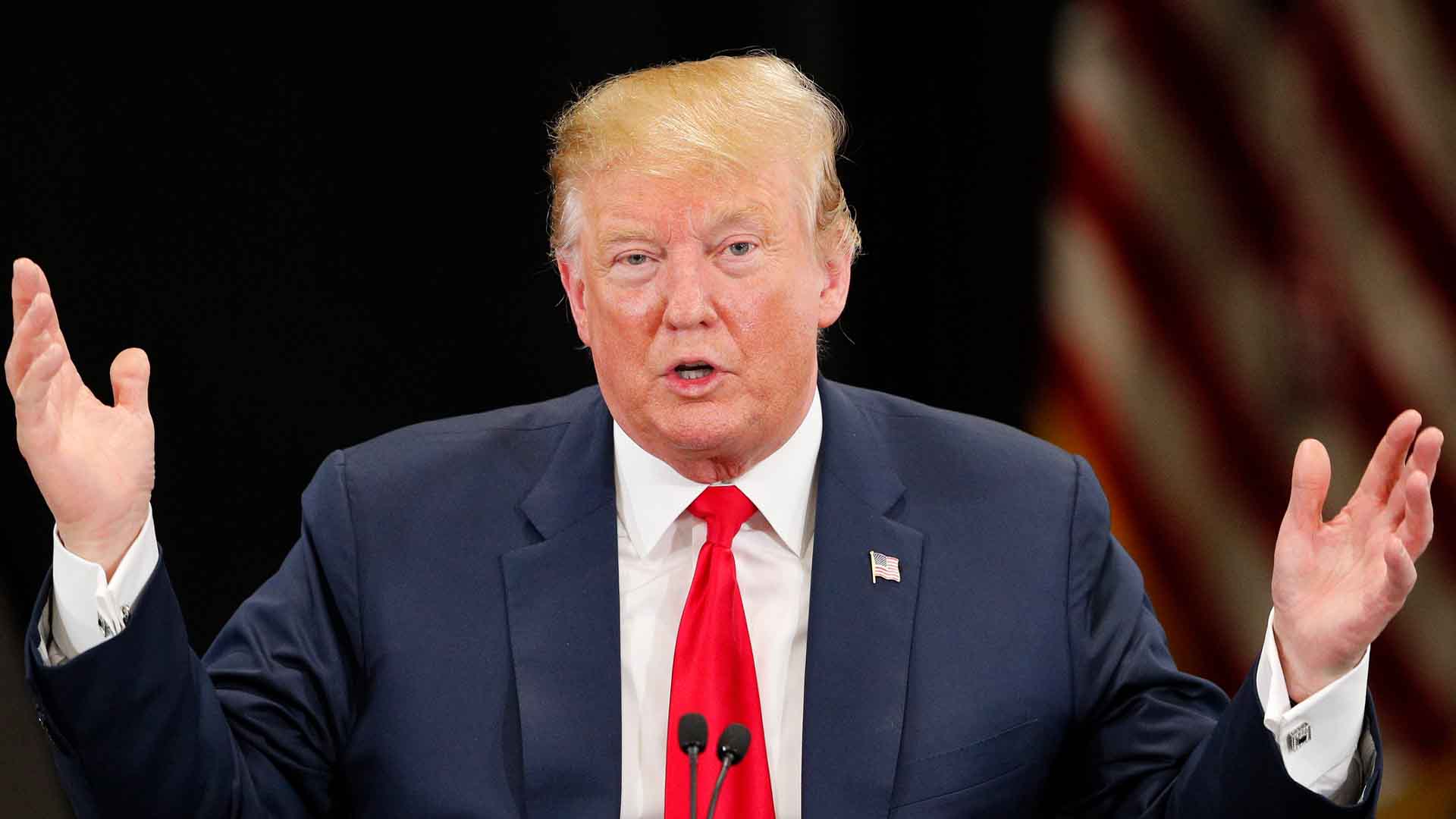
Source: Adam Bettcher/Getty Images
Data shows that Republicans are themselves divided on their support for Vance.
Vance’s Impressive Background
Despite the controversies, Vance’s background is undeniably impressive. He holds a degree from Yale Law School, served in the Marines, and has experience in venture capital.
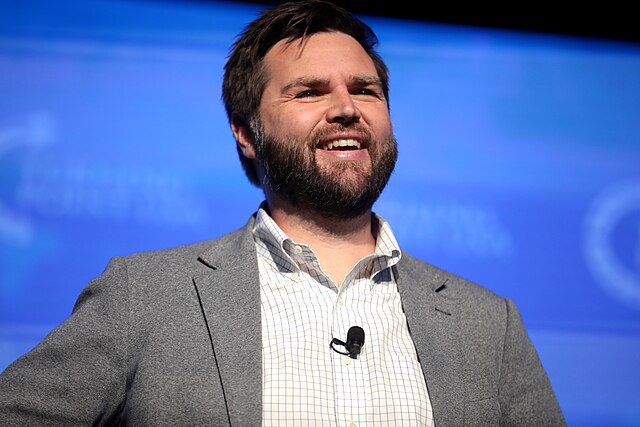
Source: Gage Skidmore/Wikimedia
Most famously, his memoir, “Hillbilly Elegy,” achieved widespread success and brought him significant recognition after its publication in 2016.
Vance’s Rapid Ascent
However, in other respects, Vance’s rise in politics has been meteoric and somewhat unexpected. Before being chosen by Trump, Vance was relatively unknown in political circles.

Source: Ralph Branson/Wikimedia
He was elected to the U.S. Senate for the first time in 2022, leapfrogging over other potential vice-presidential candidates who had been entrenched in politics for decades. Additionally, Vance’s history of publicly disparaging Trump has raised eyebrows and added to the complexity of his selection.
Historic Low
Currently, Vance holds the lowest favorability rating of any vice-presidential pick immediately following a party convention since the 1980s, with a net negative favorability rating of -6 points according to CNN.
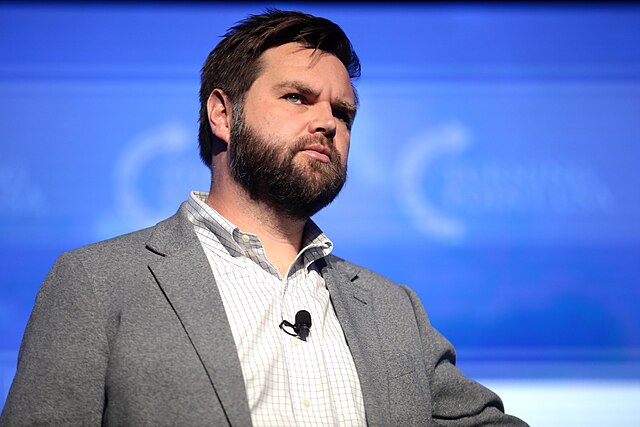
Source: Gage Skimore/Wikimedia
In recent years, the average favorability rating for a VP nominee at this stage has been +18 points.
Notable Concerns
This stark contrast has not gone unnoticed, with even Trump’s former White House communications director warning that the choice of Vance is already a “disaster.”
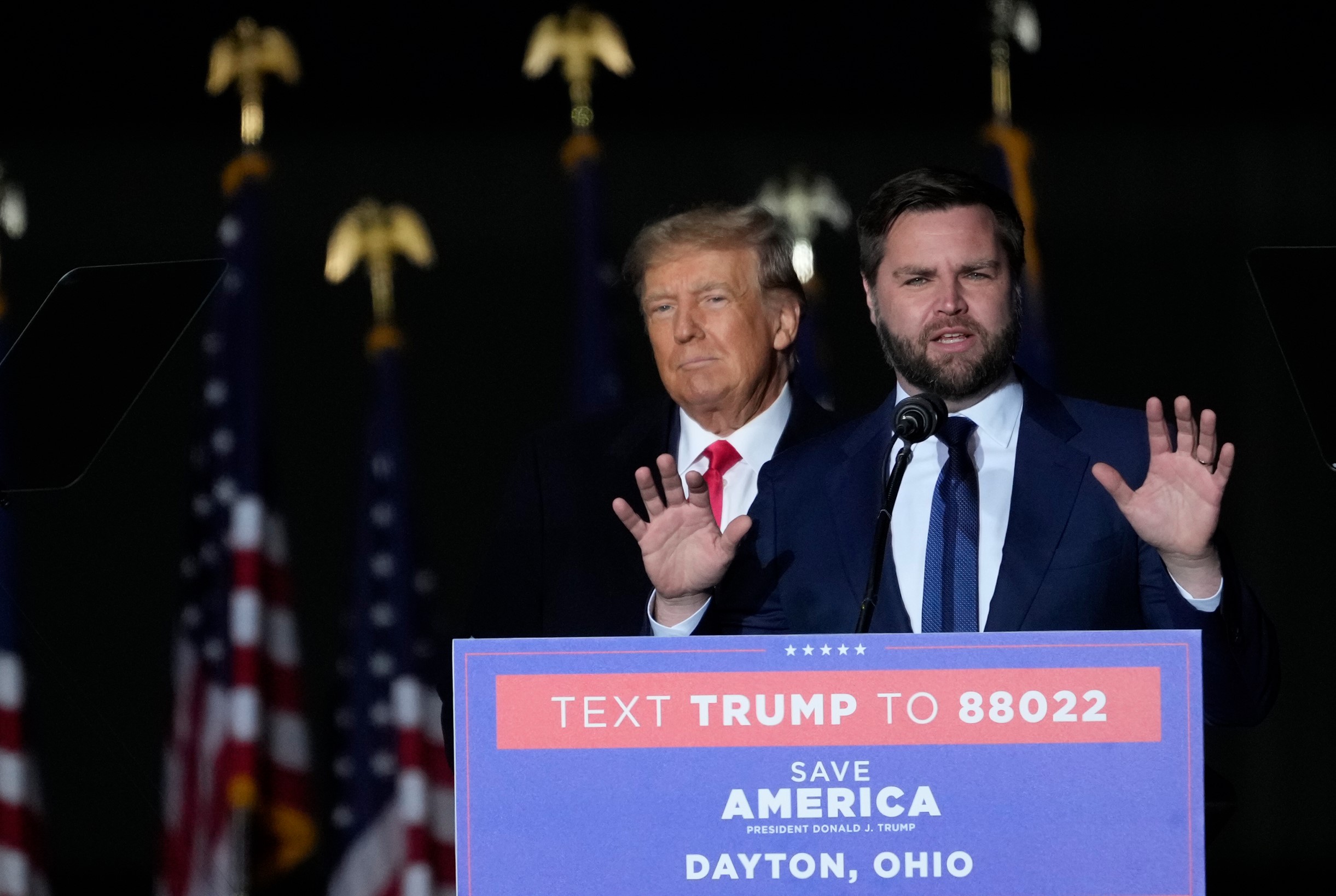
Source: Drew Angerer/Getty Images
Polling data from YouGov for The Economist reveals that just 39 percent of U.S. adults believe Vance is a good choice for Trump’s running mate.
Divisive Views
Conversely, a third of respondents consider him a bad choice, while the remaining third are undecided. The most striking division is observed among Republican voters themselves.
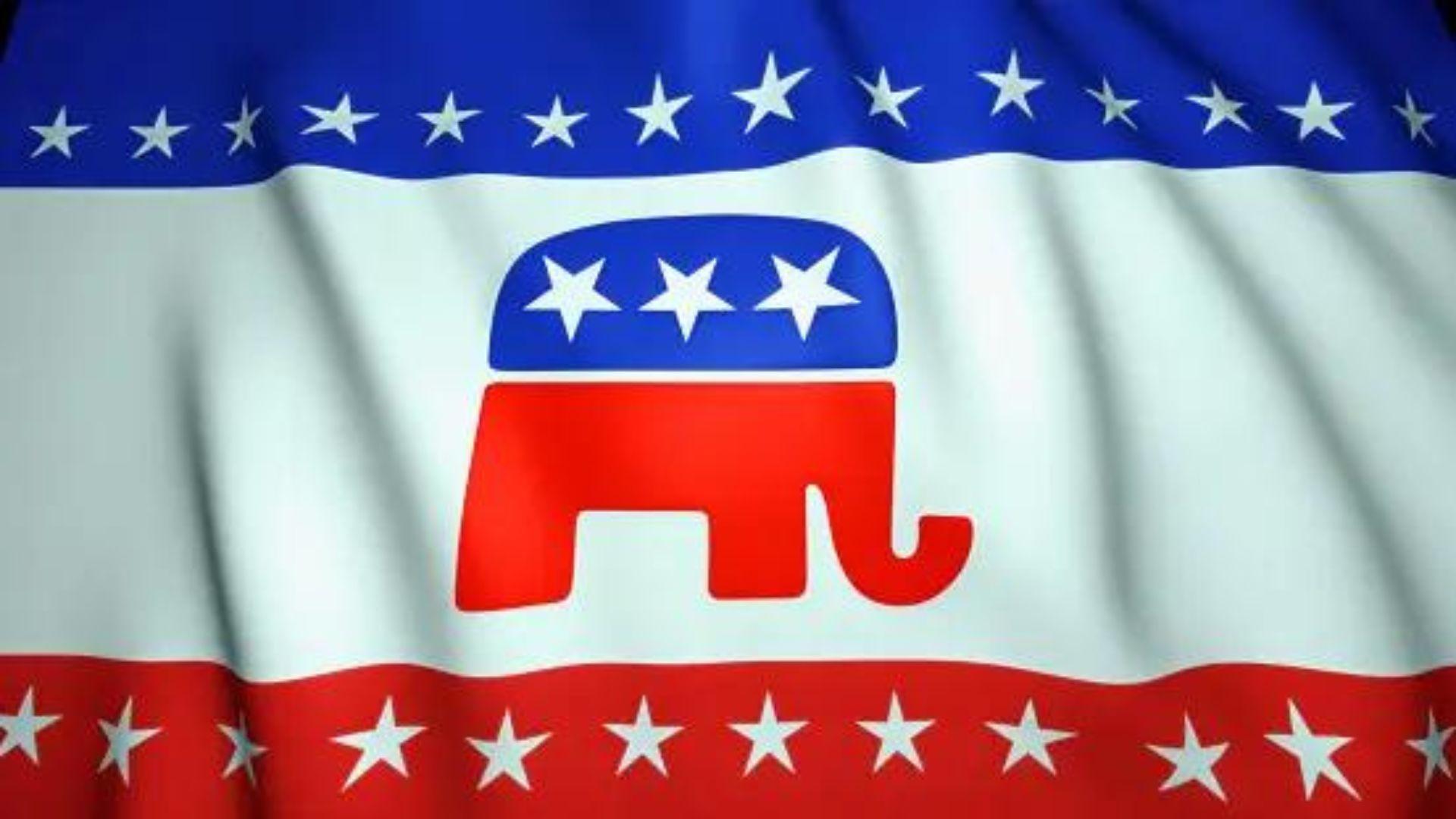
Source: Unsplash
Overall, nearly three-quarters (74 percent) of Republicans believe Vance is a good choice, despite his negative net approval ratings.
Republican Voters Split on Vance's Candidacy
Within the Republican base, those who identify as part of the MAGA (Make America Great Again) movement are twice as likely to think Trump made a “very good choice” in selecting Vance.
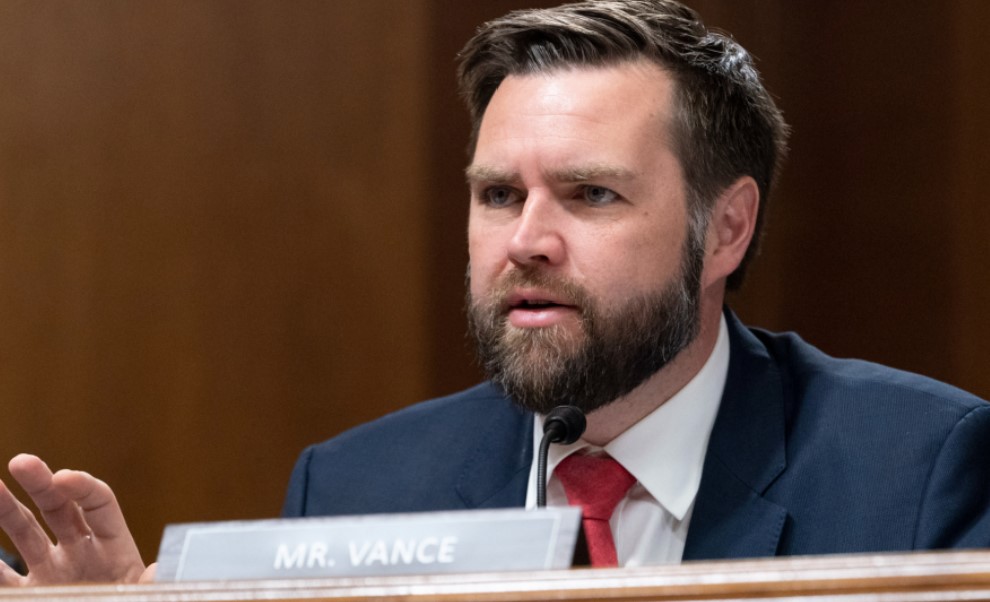
Source: Wikimedia
Among this group, 61 percent express strong support for the decision.
Lukewarm Reception
However, non-MAGA Republicans show far less enthusiasm.
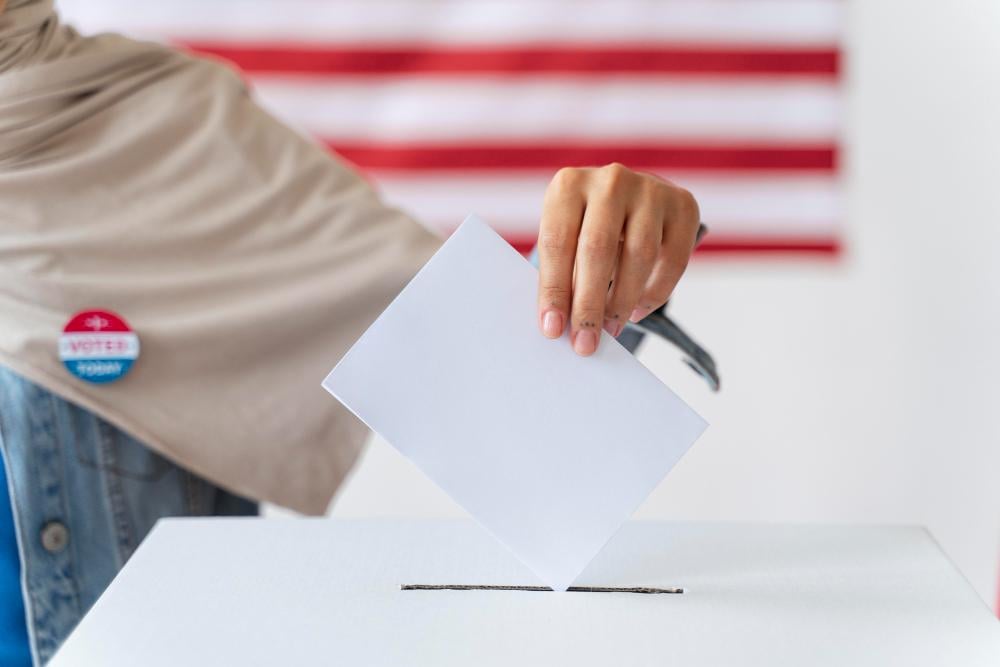
Source: Freepik
Here, only 34 percent strongly support Vance as the running mate. Furthermore, a significant portion of non-MAGA Republicans, about one-third, are still unsure about their stance on Vance, and one in ten already believes he was a bad pick.
Democratic Dissent
Unsurprisingly, the majority of Democrats, 58 percent, think Vance is a bad choice for the vice-presidential slot on the Republican ticket, with 44 percent describing the selection as “very bad.”
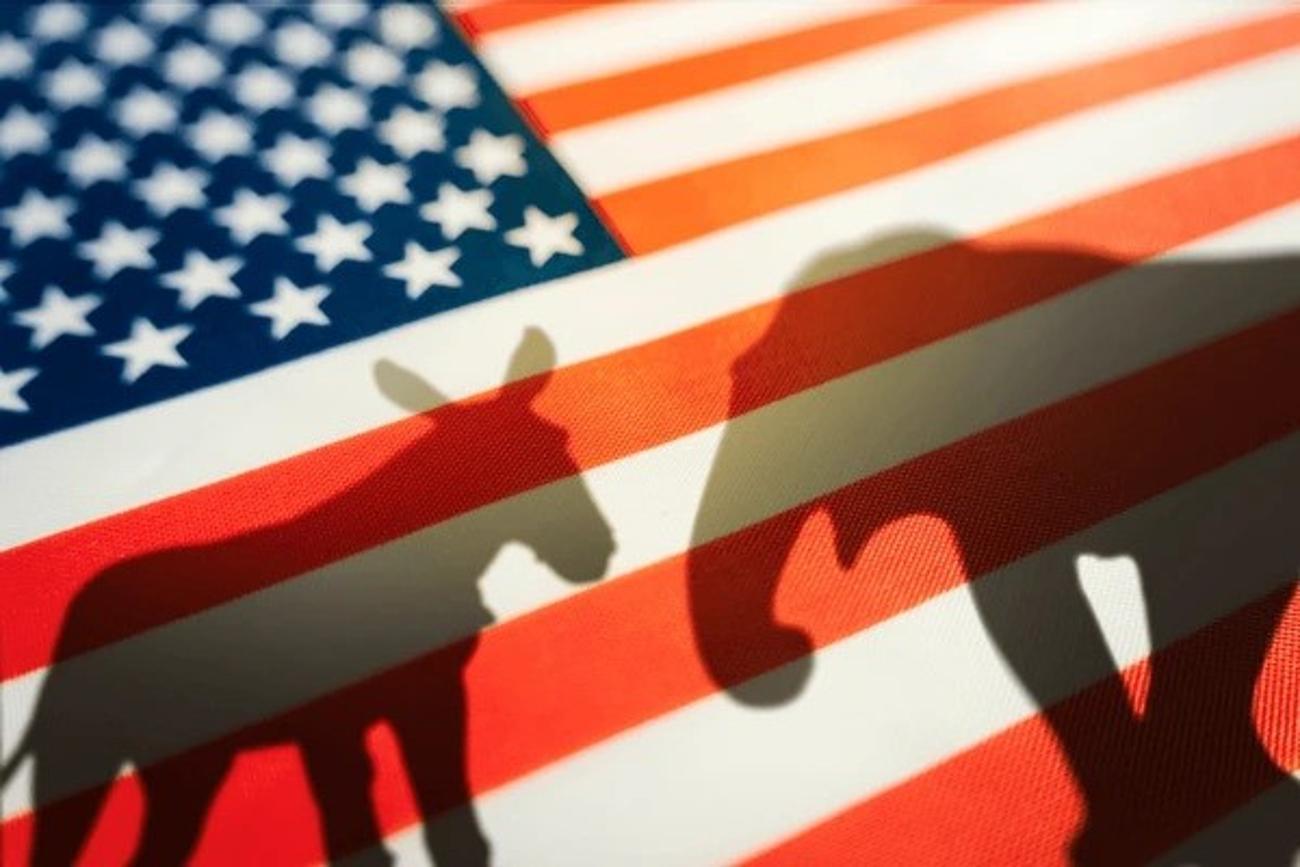
Source: Shutterstock
However, not all Democrats share this view; 15 percent believe Vance is a good choice for Trump’s campaign.
Independent Voters' Uncertainty
Independent voters, a crucial demographic in elections, exhibit a significant level of uncertainty regarding Vance. The YouGov poll indicates that 46 percent of Independents are unsure whether Vance is a good pick.

Source: Wikimedia
This key group is evidently waiting to see how Vance’s candidacy unfolds as the election cycle continues. Among Independents who have formed an opinion, 30 percent support the choice, while 24 percent disagree with it.
Impact of Voter Opinions
As the election season progresses, the evolving opinions of various voter groups, particularly Independents, will be critical in shaping the overall perception of Vance’s candidacy.
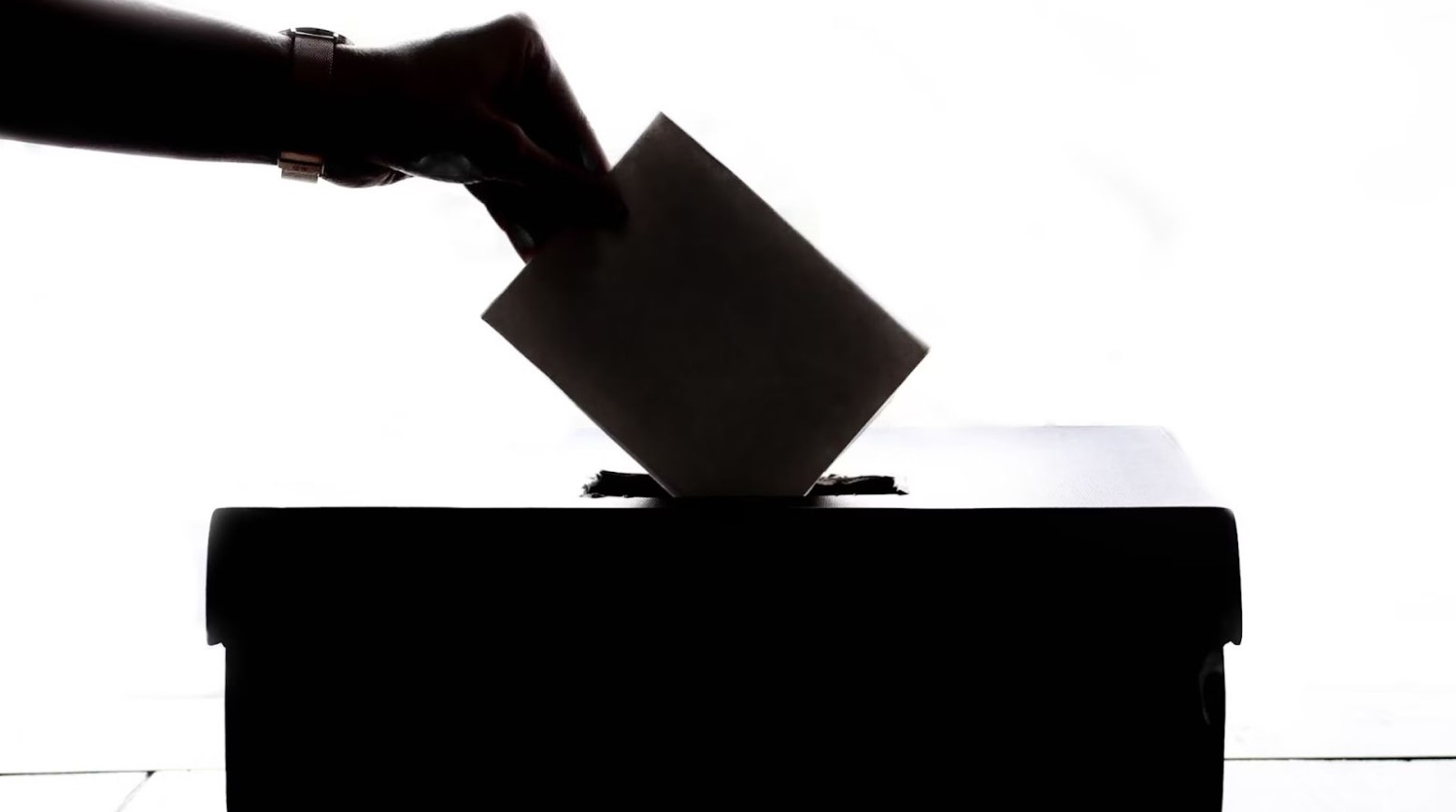
Source: Element5 Digital/Unsplash
How Vance handles the scrutiny and criticism, alongside his ability to unify a divided Republican base, will likely play a significant role in the forthcoming election.
